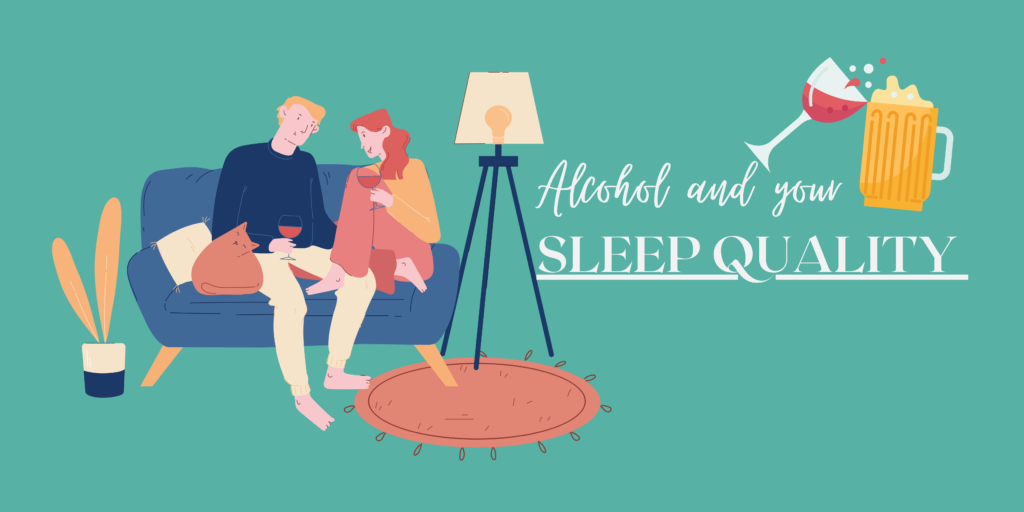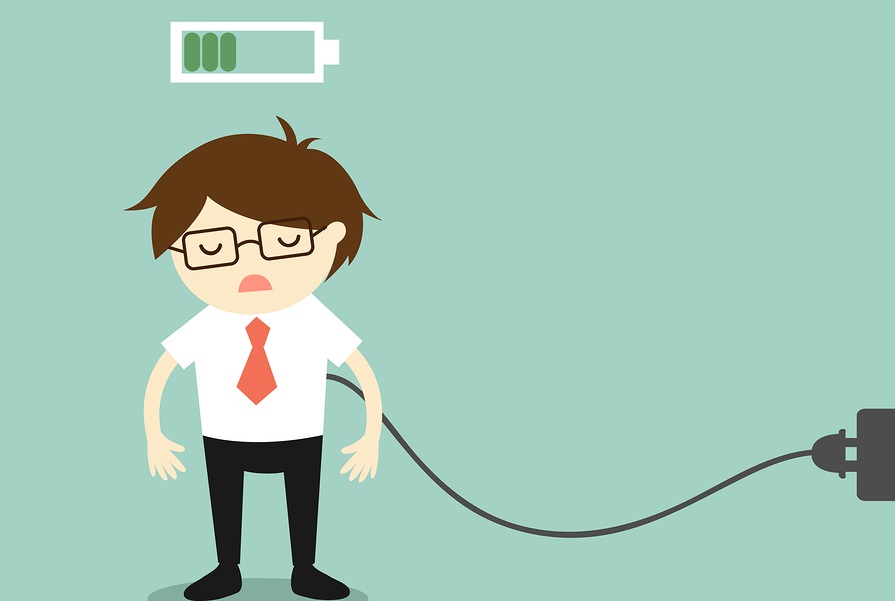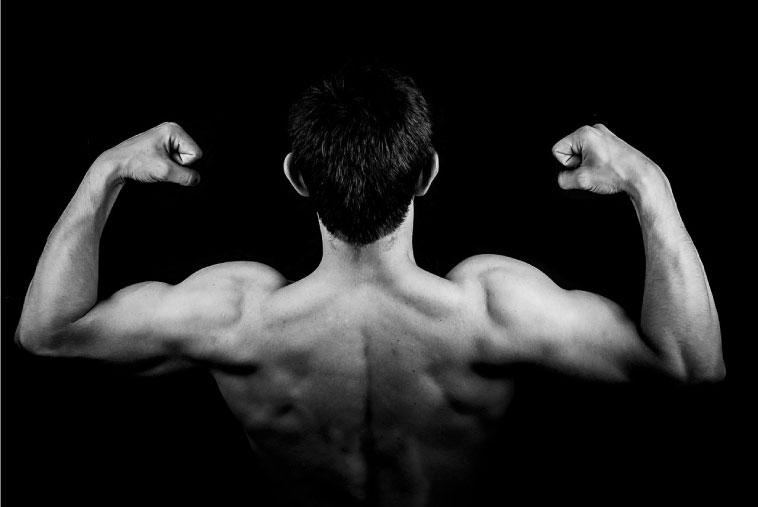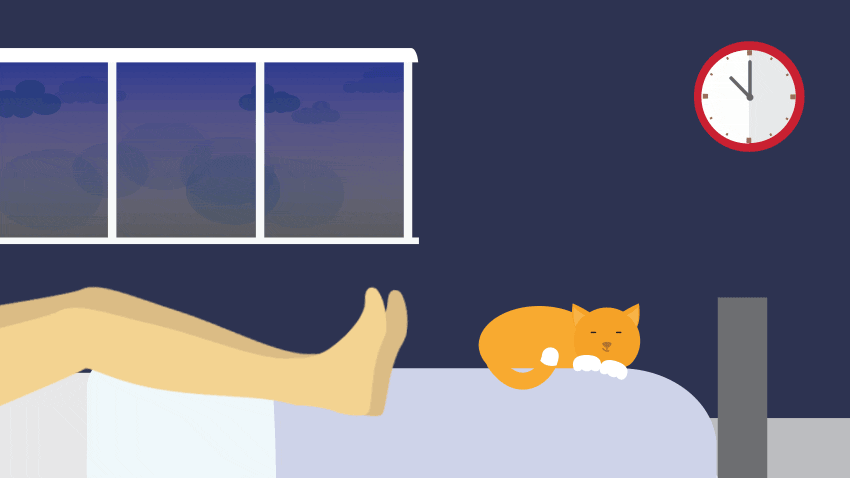Alcohol and Your Sleep Quality
A couple glasses of wine at night might make you fall asleep faster, but how does alcohol truly impact our sleep quality? Alcohol is a sedative that causes shorter sleep onset for consumers. While alcohol may help you fall asleep faster, the effects on our health should not be taken lightly. These can include liver disease, heart problems, and much more. In this article, we will be focusing solely on alcohol’s negative impact on sleep.
Alcohols Effect on Sleep
Rapid Eye Movement (REM) is the most restorative stage of sleep. It allows the brain to take information from our short-term memory into our long-term memory. It allows for clearing the brain of toxins, and a process called neuroplasticity, which allows us to learn, occurs as well in REM sleep.
A study conducted by Arnedt and colleagues amongst 93 healthy adults assessed sleep quality after “heavy” alcohol consumption, a dose of > 1 g/Kg. As compared with a placebo, alcohol reduced:
- Sleep onset latency (the length of time that it takes to accomplish the transition from full wakefulness to sleep)
- Sleep efficiency (percentage of time in bed spent sleeping)
- REM sleep
The same study revealed heavy alcohol consumption increased:
- Wakefulness
- Slow Wave Sleep
- Stage 2 Sleep
- REM latency
The above are indications of heavy alcohol consumption, but what about moderate consumption? Considering moderate doses of alcohol (< 1 g/Kg), the only consistent polysomnography sleep finding has been a decrease in REM sleep duration during the second half of the night.
Regardless of the alcohol dosage, the onset of the first REM sleep period is significantly delayed after alcohol consumption and appears to be the most recognizable effect of alcohol on REM sleep followed by the reduction in total night REM sleep.
The “Rebound Effect”
As mentioned, alcohol consumption before bed has a greater negative effect on REM sleep in the second half of the night but why is this? The linked research publication interprets this second-half disruption of sleep as a “rebound effect” once alcohol has been completely metabolized and eliminated from the body. This effect results from the body’s adjustment to the presence of alcohol during the first half of the sleep period. These changes, as the alcohol metabolizes, result in disruption to your sleep. This hypothesis is supported by the known rate of alcohol metabolism. For example:
“The typical peak BrACs before sleep is 0.06 to 0.08 percent. Alcohol metabolism at this rate would be complete within 4 to 5 hours of sleep onset; thus, the sleep disruption during the second half of the night would coincide with the clearance of alcohol from the body.” Roehrs T, Roth T. Sleep, sleepiness, and alcohol use. Alcohol Res Health. 2001;25(2):101-109.
In Conclusion
Drinking alcohol before bed suppresses REM sleep, which decreases overall sleep quality, shortens sleep duration, and causes more sleep disruptions. It is recommended to stop drinking alcohol at least three hours before bed. This helps to eliminate the negative effects alcohol has on sleep. Of course, zero alcohol consumption would have the best effect on improving sleep quality.
If you are still struggling to achieve quality sleep, a potential sleep disorder, like obstructive sleep apnea, may be to blame. Give our team of sleep professionals a call at 614-396-8286 to schedule your FREE consultation today! You can also check out our Sleep Education blog archives for more sleep-related articles.



